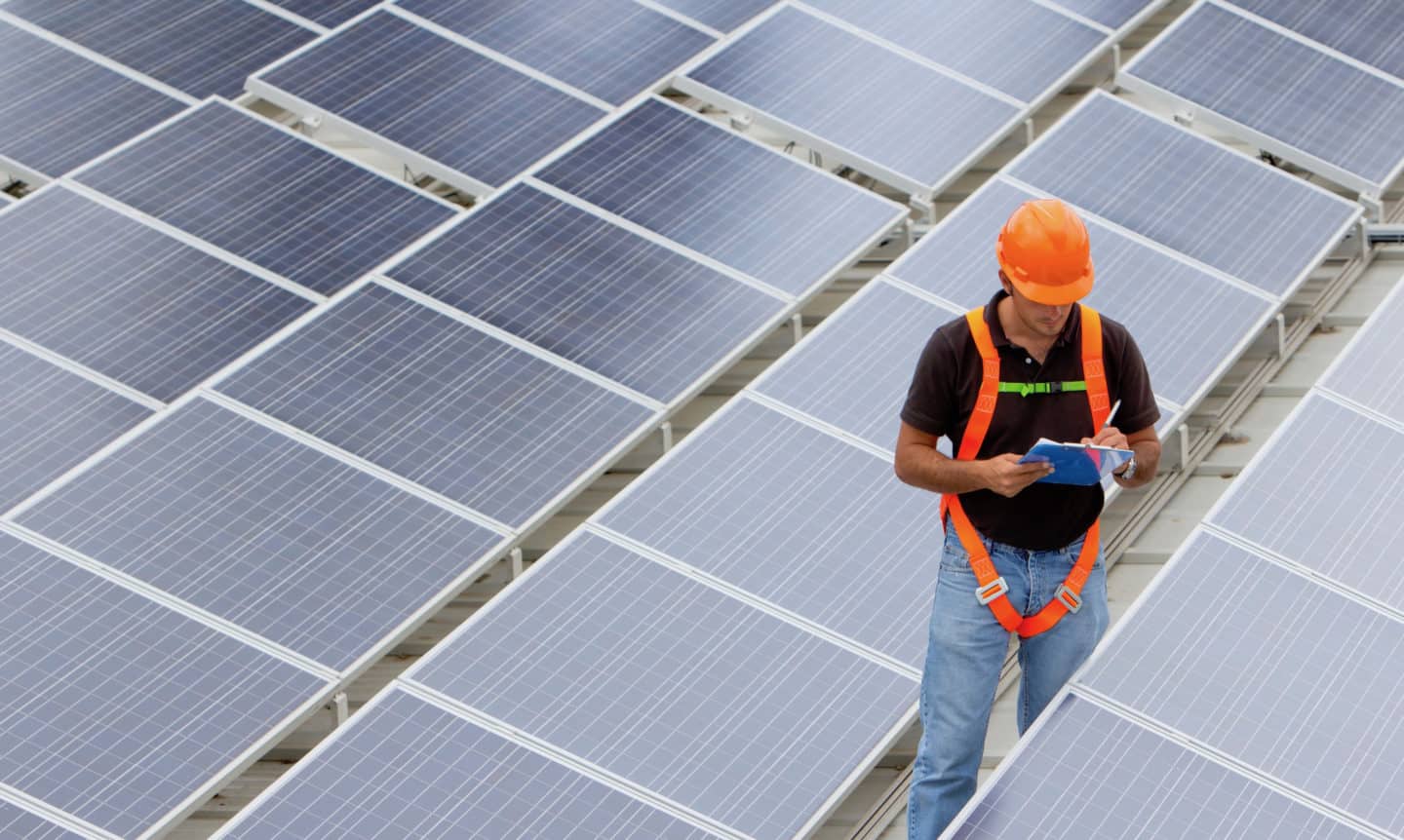A Guide To Solar System Optimization
If you’re thinking about installing solar panels on your roof, you also might be worried about their real-world efficiency. What’s the optimal panel angle to collect the most energy? What happens to solar energy production in bad weather? Is it better to store the electricity in a battery pack or send it out to the grid? The energy production and actual return on investment can vary a lot with any of the aforementioned factors.
Still, the weather is definitely the most unreliable of all the factors, and it plays a crucial role in the efficiency of the panels. It seems obvious — the more sun you get, the more energy you’ll be able to produce.
However, it’s a lot more complicated than that. For instance, you’d think that fog would be catastrophic for solar energy production, but that’s not true. It’s actually super effective for the panels, as it disperses the light evenly.
If you plan on switching to solar, you should know these kinds of things. Stay tuned to find out how different weather conditions affect your solar panels.
And if you do decide to switch to solar, feel free to call us at Atlantic Key Energy. We’ll also help you with any additional inquiries you might have about the topic.
Clouds
If you know a thing or two about solar energy, you know that clouds present a significant problem for the panels. On average, a solar panel operates on 20–30% efficiency in 100% cloud coverage, depending on the type of cloud.
However, ultraviolet rays pass through clouds with no issues at all. Therefore, panel manufacturers are attempting to extract even more energy in cloudy weather by increasing the panels’ UV sensitivity.
Lastly, although it may sound counter-intuitive, solar panels actually operate extremely well in overcast weather.

Temperature
Another great misconception about solar panels is that they work best in a hot environment. Now, it’s easy to confuse hot and sunny, since it’s usually hot when it’s sunny. However, the electronics in the solar panels work a lot better in lower temperatures. When you compare two cities with the same amount of sun but different average temperatures, you’ll see that the colder one always ranks higher in energy production efficiency.
What’s more, because they heat up as they collect energy, solar panels in hot areas might even attribute to the already high ambient temperature.
Rain
It’s true that solar panel output drops significantly when it’s raining. However, the clouds are the real culprit here, blocking the sunlight, while the rain doesn’t affect the panels much.
On the other hand, hail can easily damage the solar panels, so you should be careful if you live in such a climate. Make sure you check up on them after every storm.
Snow And Ice
During the winter, snow and ice can cause a bit of a hassle, but not as much as you might think. Since the panels heat up when they’re absorbing solar energy, the snow simply melts upon contact with the panel. In addition, the heat keeps ice from forming in freezing temperatures.
Still, the snow can sometimes cover the panels at night, as it doesn’t always melt before the sun comes up. You’ll need to clean it every time that happens.
Conclusion
So now you know what happens to solar energy production in bad weather. As you can see, solar panels can endure a lot more than what they’re given credit for. On top of that, they actually work even better when in cold surroundings than they do when it’s hot. Therefore, you should think about getting some panels for yourself, even if you live in a colder area. They’re definitely worth the investment.
If This Article Was Helpful, Read These Other Solar Related Topics
Are Solar Panels Safe in Hurricanes?
Backup Battery Solution For Solar Power
Why Go With Atlantic Key Energy For Your Solar Company




